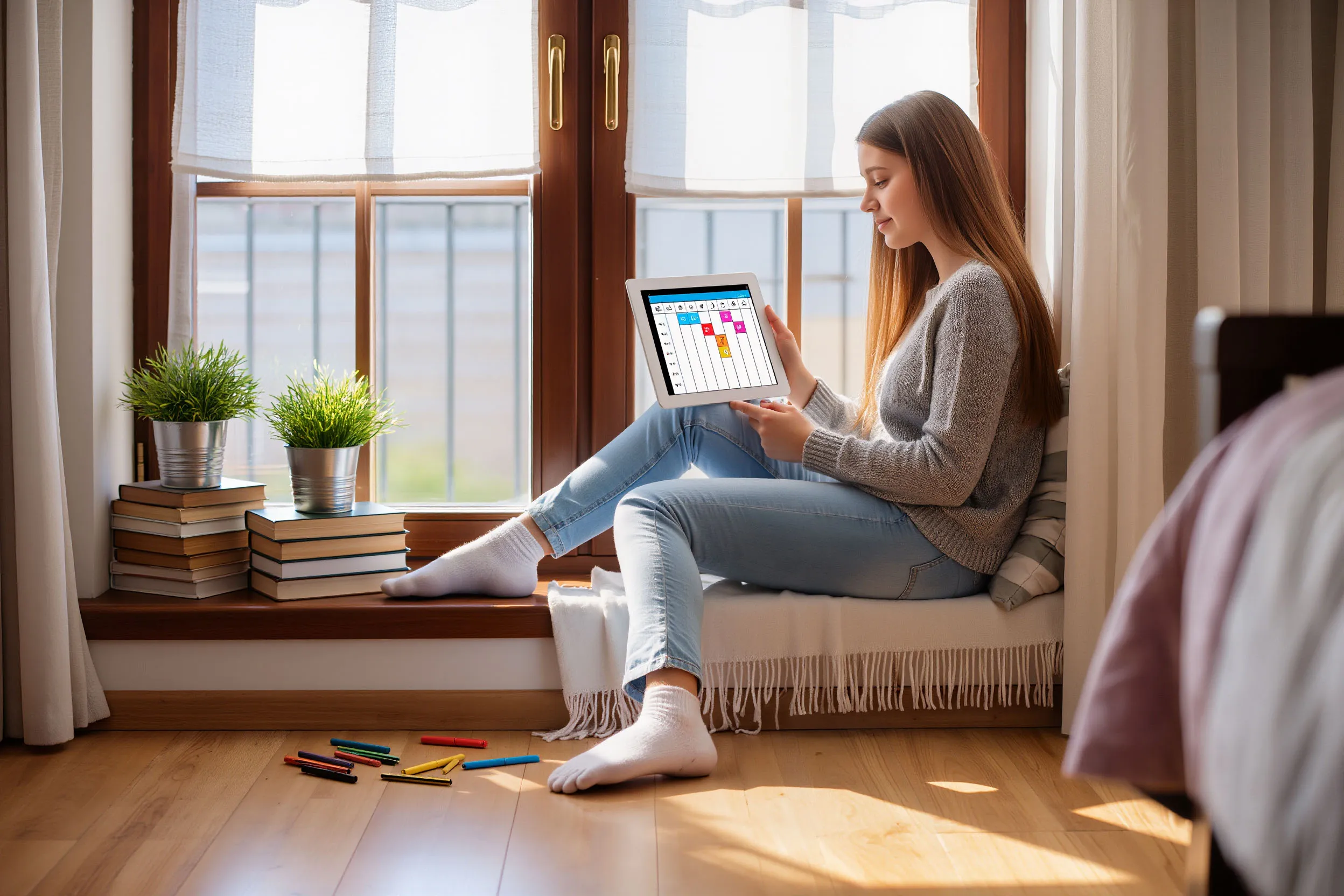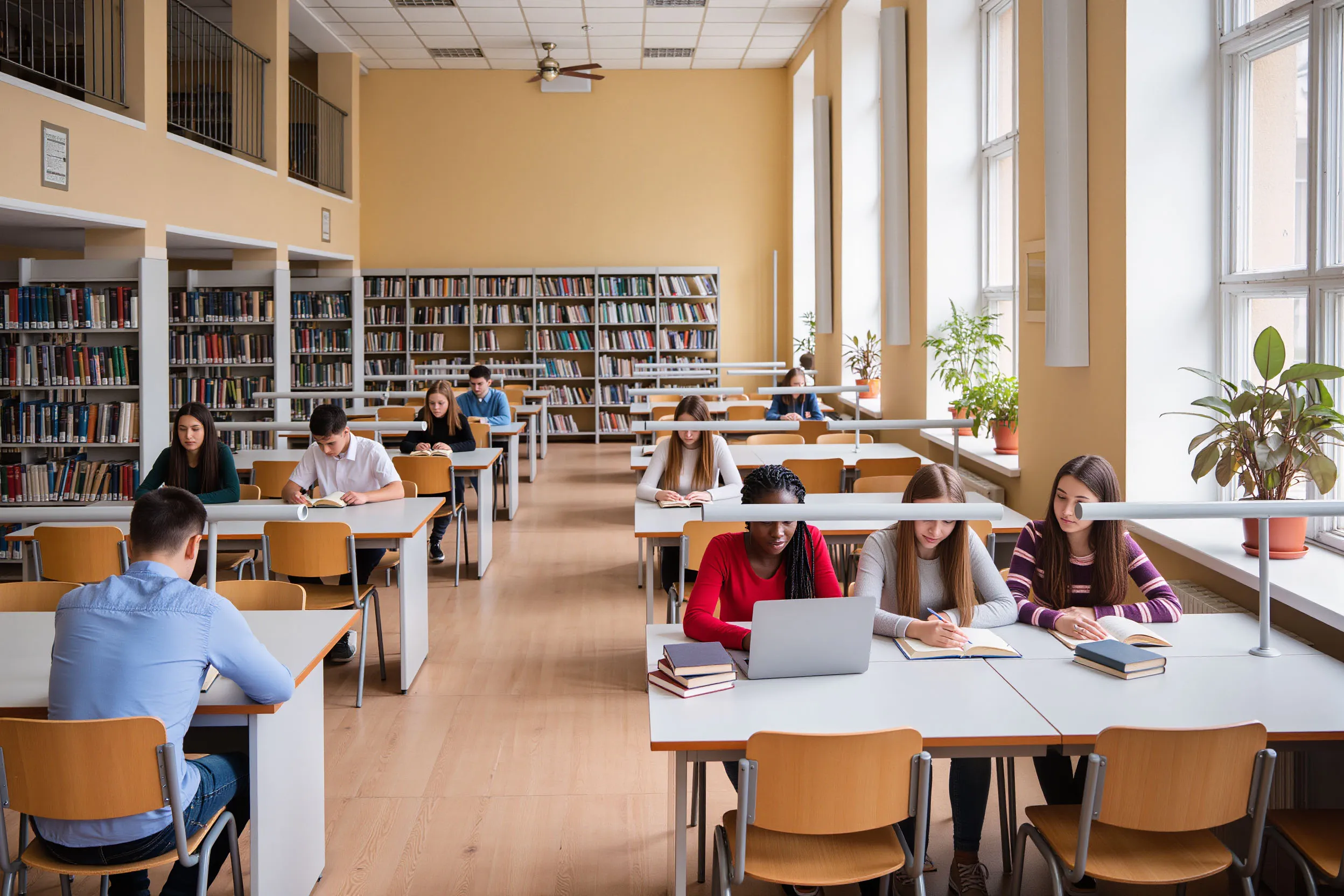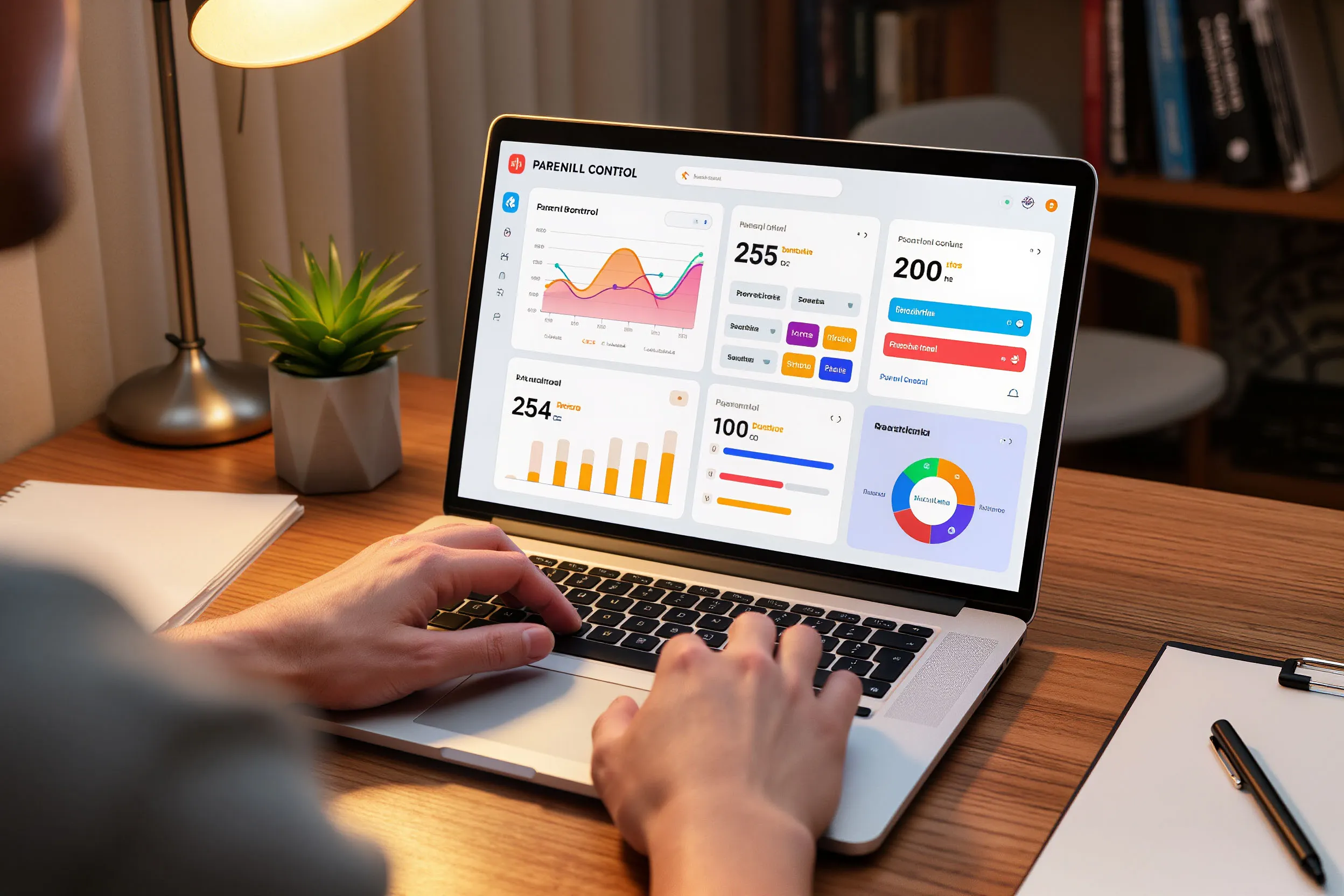In Tula, Students and Parents Track Academic Performance Through “Dnevnik 71”
In Tula, students and parents now monitor academic performance through a regional digital platform, signalling a national shift toward fully transparent education powered by real-time data.

A Growing Digital Education Ecosystem
The regional platform Dnevnik71 has already connected more than 70,000 users, becoming a daily tool for families and schools. Once the final stage of technical refinement is complete, the app will operate as a full-featured assistant: for parents, it provides transparency — schedules, grades and homework at a glance; for schools, it offers structured organization and data flow.
This local success mirrors a nationwide trend. Across Russia, platforms like the federal ‘My School’ service attract millions of users.

Interestingly, the adult audience is overwhelmingly female: over 90 percent of active users are mothers who have assumed responsibility for digital oversight. They track academic progress, leave encouraging feedback, analyse failed assignments and even synchronise family calendars with the educational schedule.
This shift illustrates a deeper transformation. Education is becoming transparent, and parental involvement — continuous and data-driven.
A Model for Other Regions
For families, digital diaries bring clarity; for students, they introduce modern tools that may increase engagement. The evolution of Dnevnik71 is poised to become a reference model for other regions where education digitalisation lags.
The logical next step is moving from raw data to analytics. Future platforms will not simply display grades but predict risks by analysing activity patterns, assignment completion times and behavioural markers. Yet, this opportunity brings challenges. The more detailed the monitoring, the more valuable the data for cybercriminals. Protecting these digital ecosystems will become a priority for developers and regulators.

On a Digital Crossroads
The journey began modestly: Tula parents simply wanted to know how long their children spent online. In 2024, 84 percent of parents reported regulating screen time. Among parents of children aged 11 to 14, 62 percent monitored online activity, while only 32 percent did so for teens aged 15 to 17.
Awareness grew alongside concern. Digital literacy classes for high school students became a response to rising online risks. During an open lesson at the ‘Future Generation’ center, Deputy Minister of Education of the Tula Region Sergey Minaev stressed that fraud, extortion and other online offenses are no different from crimes in the real world.

Early parental-control apps soon emerged, albeit in primitive form. Their appearance signalled rising demand. Schools in the Tula Region then introduced digital assistants through the ‘My School’ system, launching pilots such as ‘Digital Student Assistant,’ ‘Digital Teacher Assistant’ and ‘Digital Parent Assistant.’ These advances became possible once cloud services and unified platforms reached schools.
Between Transparency and Freedom
Tula has become a laboratory for digital educational oversight. The results raise important questions about the future. Platforms will continue to grow smarter, offering personalised guidance for families, educators and students.
But one question looms large: where is the boundary between care and surveillance? Excessive control may trigger resistance from teenagers and undermine trust within families. The success of this transformation depends not only on the volume of data collected but on whether developers, parents and educators can maintain a fragile balance between transparency and the freedom essential for growing up.










































